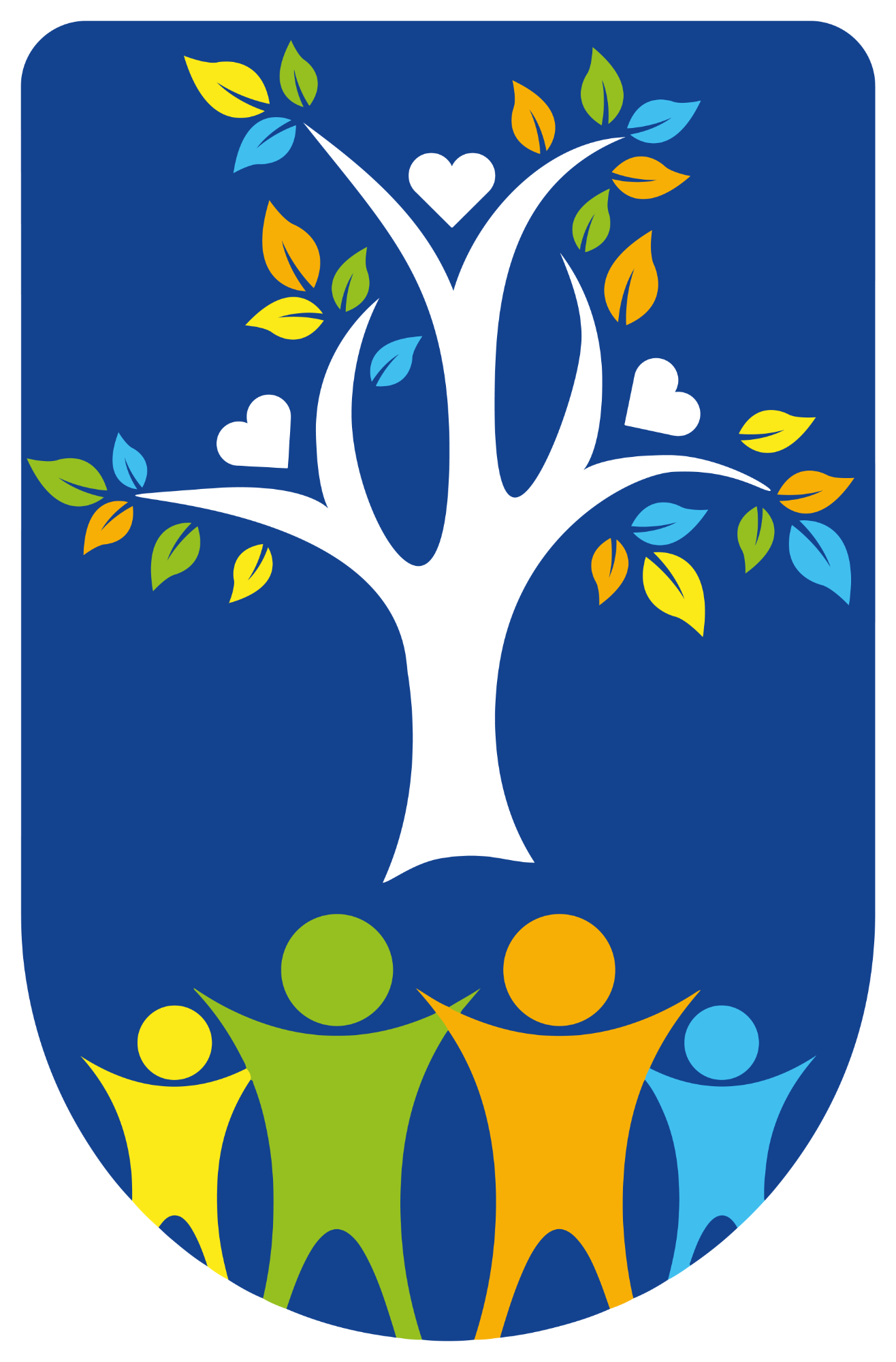Maths
Intent
The intent of our mathematics curriculum is to provide children with a solid foundation for understanding number, reasoning, thinking logically and problem-solving with resilience, so that they are fully prepared for the future. We provide an ambitious curriculum accessible to all children in the school, from preschool through to Year 6. Our intent is for all children to become fluent in the fundamentals of mathematics, developing conceptual understanding and the ability to recall and apply knowledge rapidly to reason and problem solve with increased resilience and confidence.
Implementation
To ensure full curriculum coverage, the school uses White Rose Maths for the sequence of teaching and uses Twinkl to supplement. This whole school approach to the teaching of mathematics ensures progression and continuity from preschool to Year 6. It is a mastery curriculum. Daily maths lessons include fluency, reasoning and problem-solving. All lessons incorporate the CPA (concrete, pictorial and abstract) approach to help pupils make connections between different representations (visualisers). Emphasis is placed on mathematical language, questioning and discussion so pupils can talk about the maths they are completing and take their learning further (describers). As well as being fluent mathematicians, we want pupils to love mathematics and be determined to explore further (experimenters). Flashbacks in each lesson every day ensure that mathematical skills are built upon and reinforced continually.
The children are assessed when necessary and rewarded for rapid recall of number bonds (KS1) and times tables (Years 2-6) using Times Table Rockstars.
Children are assessed on a termly basis using White Rose end of term tests, practise SATS tests in Year 6, end of unit assessments and teacher assessments.
Feedback and interventions are carefully planned to ensure all children reach their potential.
Impact
- Children are happy learners who talk enthusiastically about their learning and are eager to further their progress in maths. Most children reach end of year expectations.
- Children know that maths is a vital life skill that they will rely on in many areas of their daily life.
- Children are resilient mathematicians who are confident and fluent in number.
- Feedback and interventions support children to strive to be the best mathematicians they can be.
- Children’s progress is tracked using information from end of unit assessments, end of term tests (3 times a year) and teacher assessments.
- Well planned and taught sequences of learning support children to develop and refine their maths skills.
- Children are able to independently apply their knowledge to a range of increasingly complex problems.
- Children are reasoning with increased confidence and accuracy.
- Children are able to talk about their learning using the correct mathematical vocabulary.

